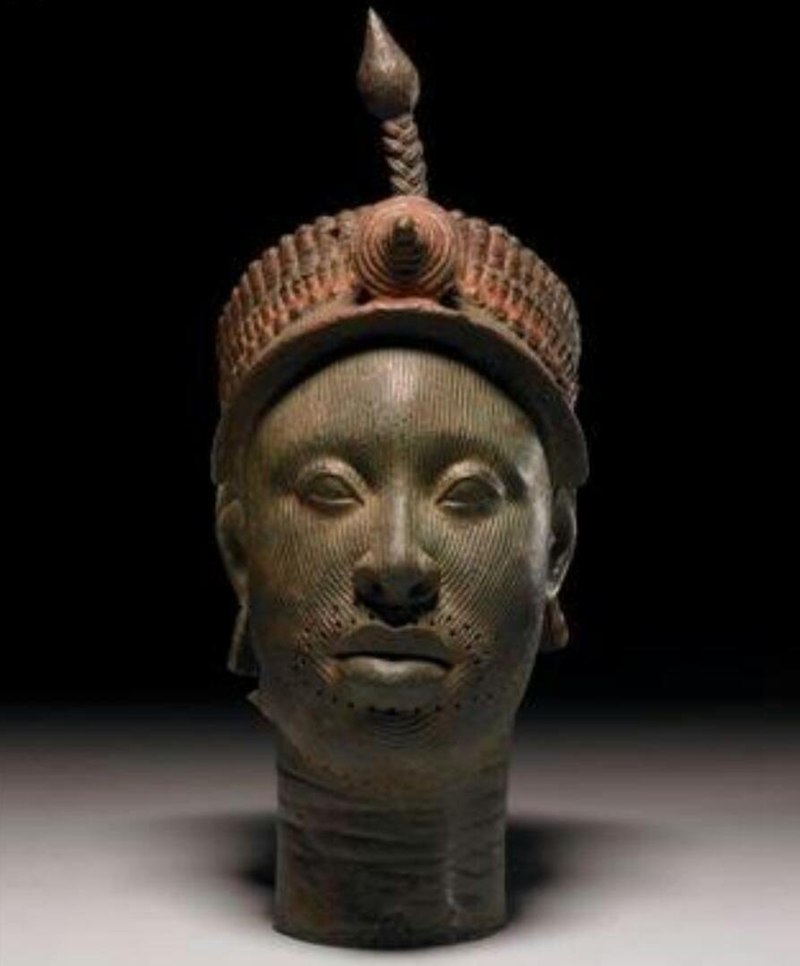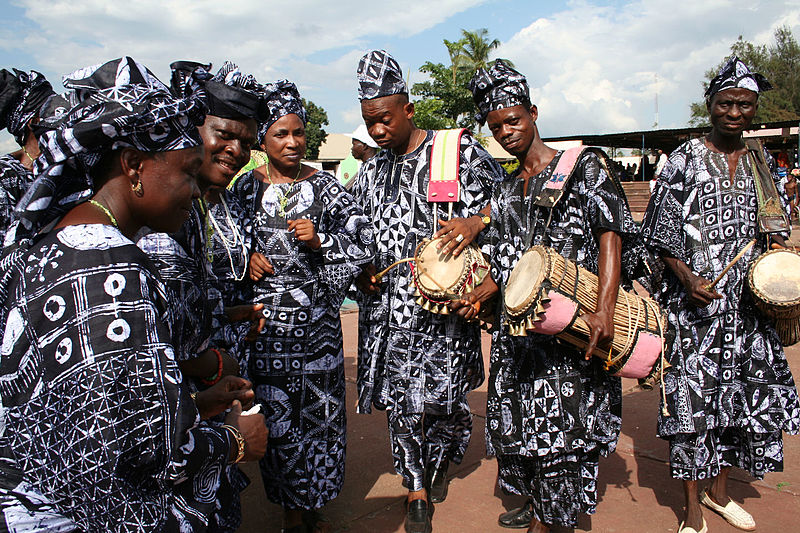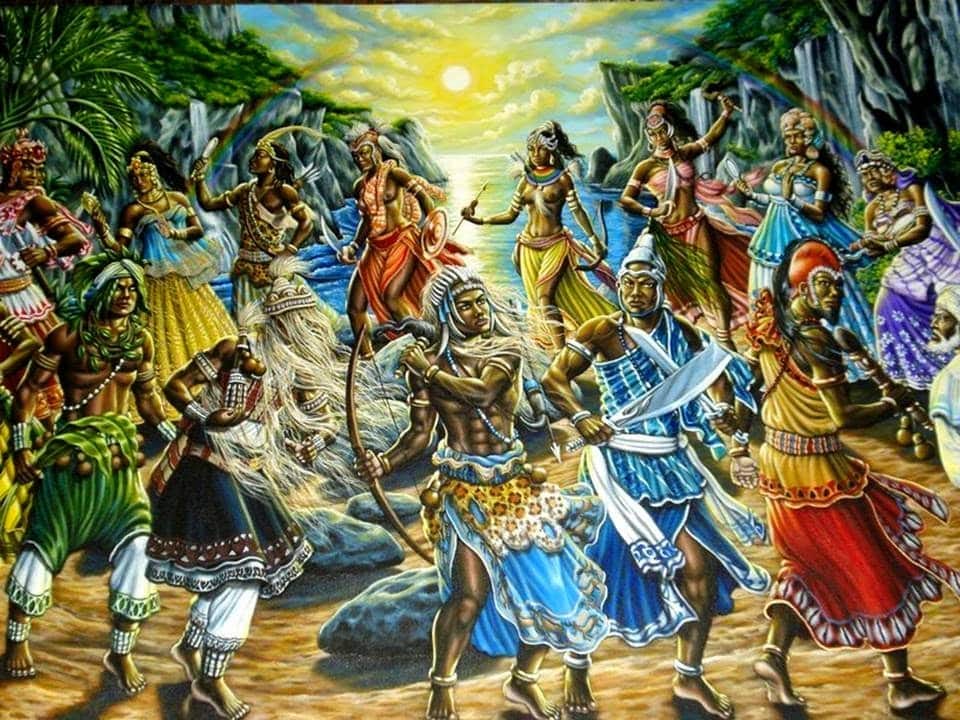 In the vast tapestry of global cultures, few threads are as vibrant and enduring as the traditions of the Yoruba people of West Africa. From the shores of Nigeria to the distant lands of South America and beyond, the rich cultural infusion of Yoruba traditions has left an indelible mark on communities far and wide. This exposition article and compendium aim to explore the profound influence of Yoruba culture across South America and worldwide, tracing its journey from its origins in Nigeria to its flourishing presence in countries such as Cuba, Brazil, Haiti, Jamaica, and beyond.
In the vast tapestry of global cultures, few threads are as vibrant and enduring as the traditions of the Yoruba people of West Africa. From the shores of Nigeria to the distant lands of South America and beyond, the rich cultural infusion of Yoruba traditions has left an indelible mark on communities far and wide. This exposition article and compendium aim to explore the profound influence of Yoruba culture across South America and worldwide, tracing its journey from its origins in Nigeria to its flourishing presence in countries such as Cuba, Brazil, Haiti, Jamaica, and beyond.
The Yoruba Diaspora: The dispersal of Yoruba culture beyond the borders of Nigeria began centuries ago, driven by forces such as the transatlantic slave trade and voluntary migration. As Yoruba people were forcibly taken from their homeland and transported to the Americas as enslaved individuals, they carried with them the cultural traditions, language, religion, and customs of their ancestors. Despite the brutality of slavery, the resilience of Yoruba culture persisted, finding new expressions in the diaspora.
 Cuba: A Haven of Yoruba Tradition: One of the most prominent examples of the enduring influence of Yoruba culture in the Americas is found in Cuba. Known as “Santería” in Cuba, the Yoruba religion of Ifá, Orisha worship, and spiritual practices have thrived for centuries among Afro-Cuban communities. Santería, meaning “the way of the saints,” is a syncretic religion that blends Yoruba beliefs with Catholicism, resulting in a unique and vibrant spiritual tradition. In Cuba, practitioners honor Orishas, or deities, through rituals, music, dance, and offerings, preserving the ancient traditions of their Yoruba ancestors.
Cuba: A Haven of Yoruba Tradition: One of the most prominent examples of the enduring influence of Yoruba culture in the Americas is found in Cuba. Known as “Santería” in Cuba, the Yoruba religion of Ifá, Orisha worship, and spiritual practices have thrived for centuries among Afro-Cuban communities. Santería, meaning “the way of the saints,” is a syncretic religion that blends Yoruba beliefs with Catholicism, resulting in a unique and vibrant spiritual tradition. In Cuba, practitioners honor Orishas, or deities, through rituals, music, dance, and offerings, preserving the ancient traditions of their Yoruba ancestors.
Brazil: Samba, Candomblé, and the Spirit of Yoruba: In Brazil, the cultural fusion of Yoruba traditions with indigenous, European, and African influences has given rise to dynamic expressions of art, music, and spirituality. Candomblé, an Afro-Brazilian religion with roots in Yoruba spirituality, celebrates Orishas and ancestral spirits through rituals and ceremonies. The rhythmic beats of samba music, deeply intertwined with Yoruba rhythms and melodies, echo the heartbeat of African heritage in Brazilian culture. From the streets of Rio de Janeiro to the shores of Bahia, the spirit of Yoruba pulsates through the vibrant tapestry of Brazilian life.
Haiti: Vodou and the Ancestral Connection: In Haiti, the legacy of Yoruba culture manifests in the spiritual practices of Vodou, a syncretic religion that blends African, Catholic, and indigenous beliefs. Vodou practitioners, known as “vodouisants,” honor a pantheon of spirits, or lwa, that bear striking resemblances to Yoruba Orishas. Through rituals, offerings, and ceremonies, devotees establish a profound connection with their ancestors and the divine, embodying the essence of Yoruba spirituality in the Caribbean.
Jamaica and Beyond: Echoes of Yoruba Heritage: Beyond the shores of Cuba, Brazil, and Haiti, the influence of Yoruba culture reverberates in various forms across the Caribbean and beyond. In Jamaica, the rhythms of Nyabinghi music and the spiritual practices of Rastafarianism reflect the enduring legacy of African traditions, including those of the Yoruba people. In Trinidad and Tobago, the Carnival celebration known as “J’Ouvert” pays homage to African ancestral spirits through music, dance, and masquerade. From Guyana to Suriname and beyond, Yoruba heritage continues to shape the cultural landscape of diverse communities across the globe.
Conclusion: As we traverse the vast expanse of human history and culture, the enduring legacy of the Yoruba people stands as a testament to the resilience, creativity, and spirit of humanity. From the shores of Nigeria to the distant lands of South America and beyond, the rich cultural infusion of Yoruba traditions serves as a bridge connecting communities across continents and generations. Through music, dance, spirituality, and art, the vibrant tapestry of Yoruba culture continues to inspire and enrich the lives of people worldwide, embodying the timeless adage: “Àṣẹ, ọmọ àṣẹ” (The power to make things happen lies within us).



